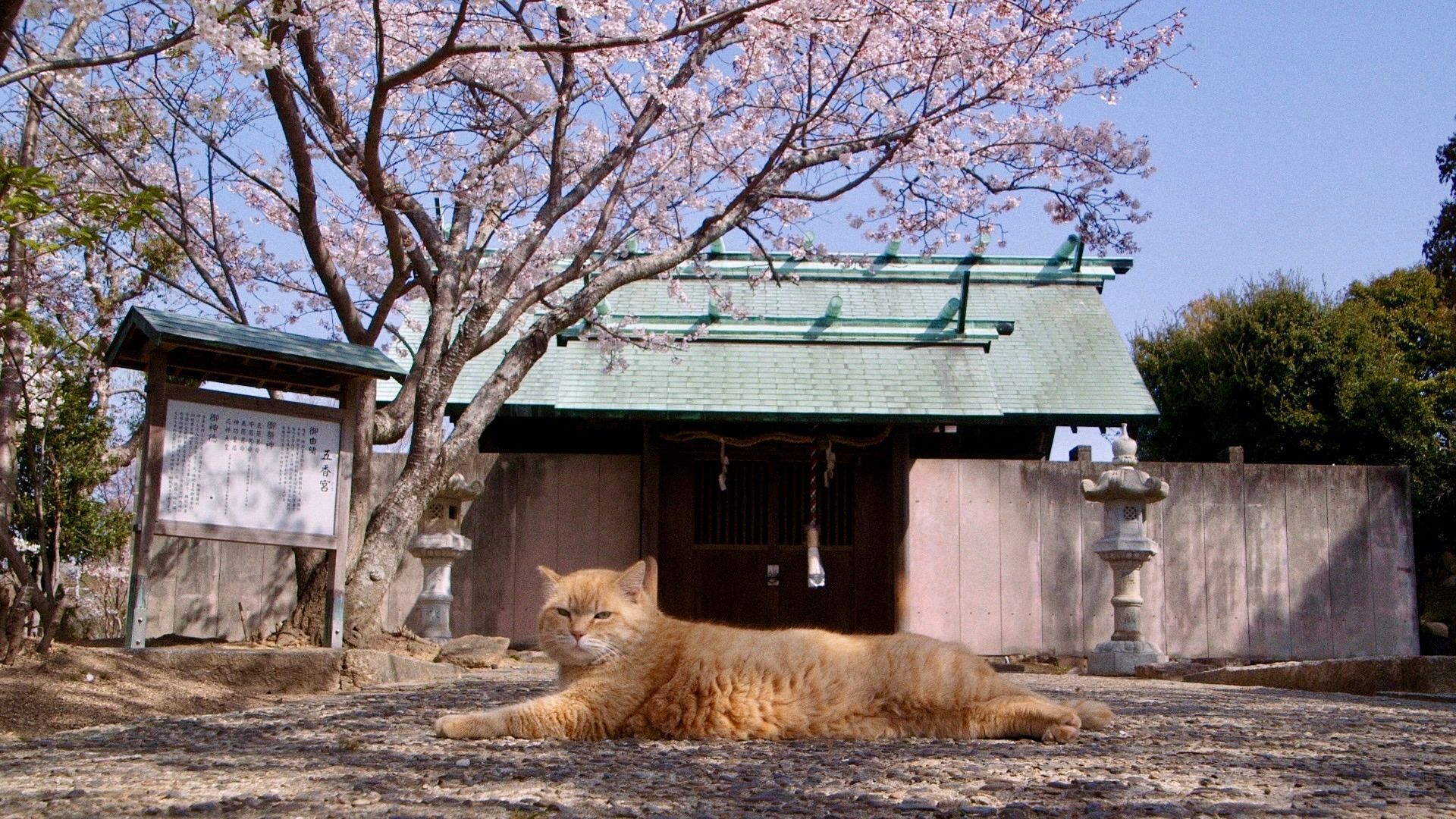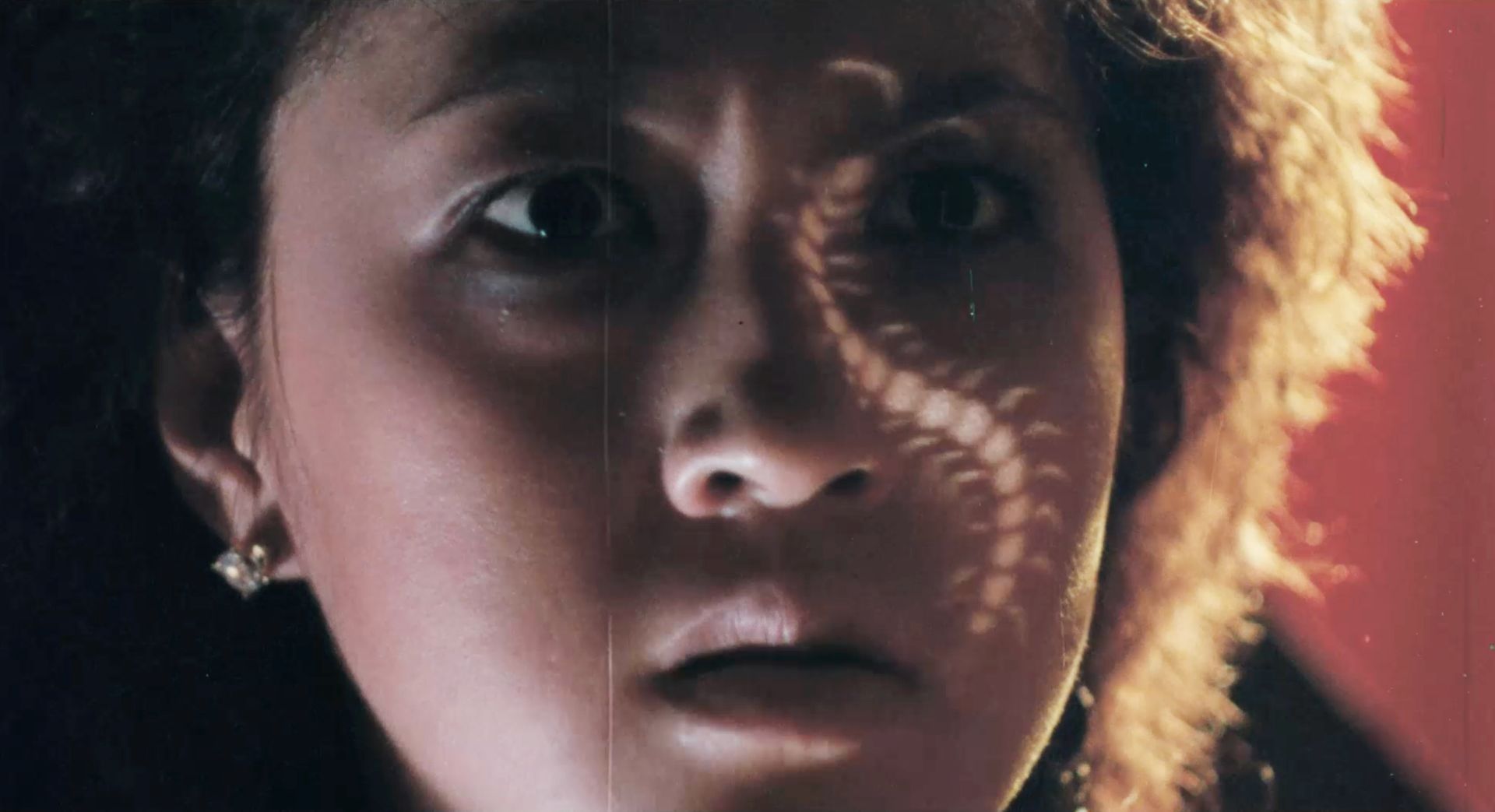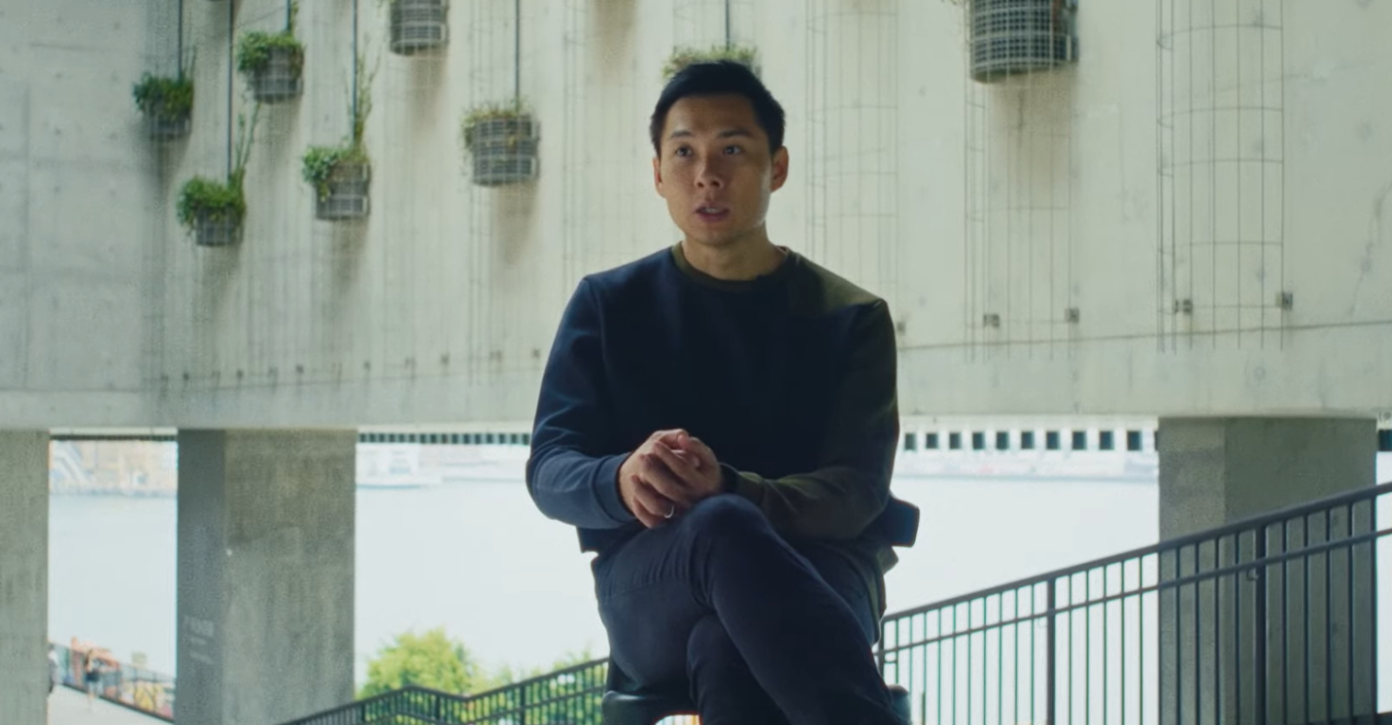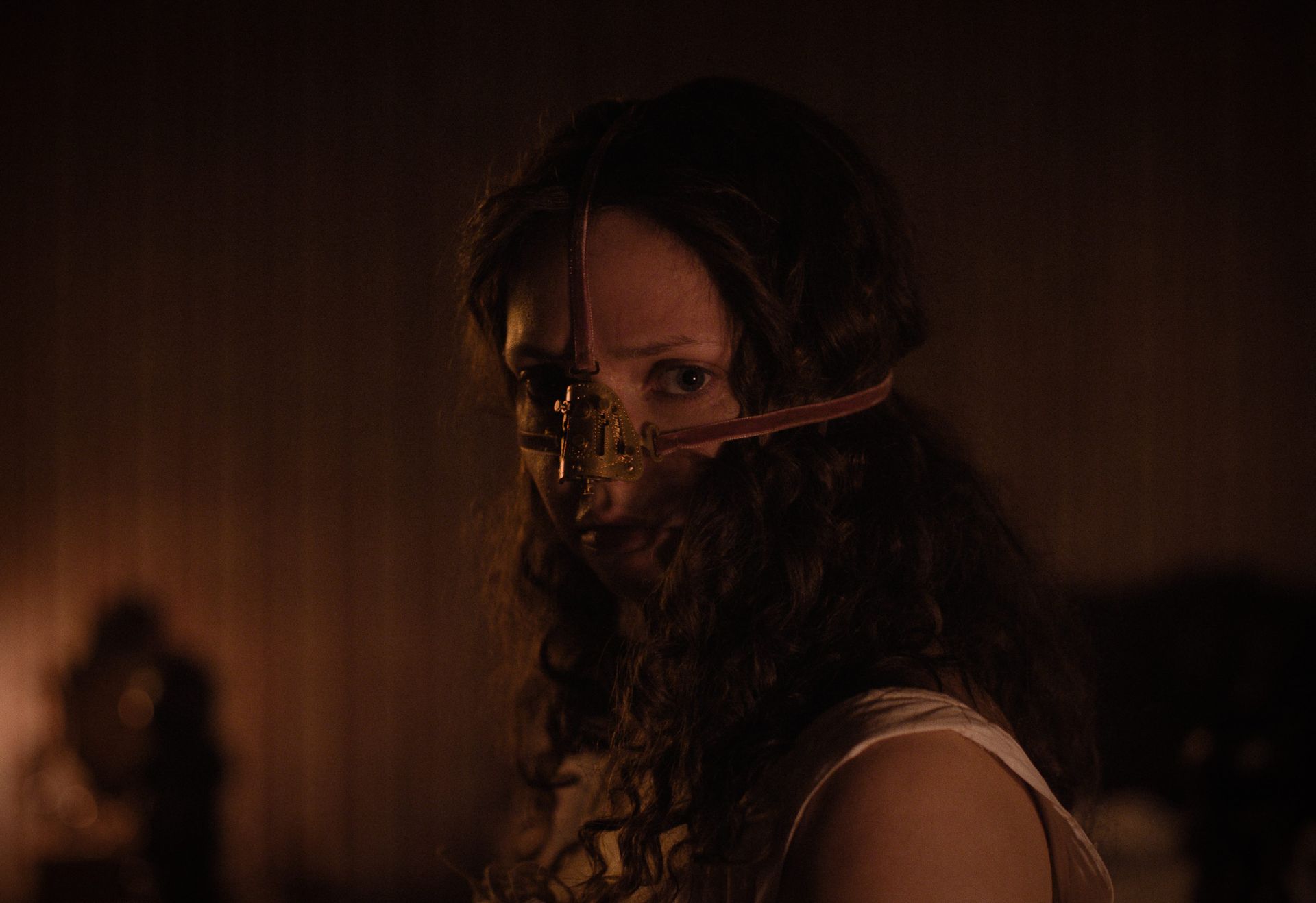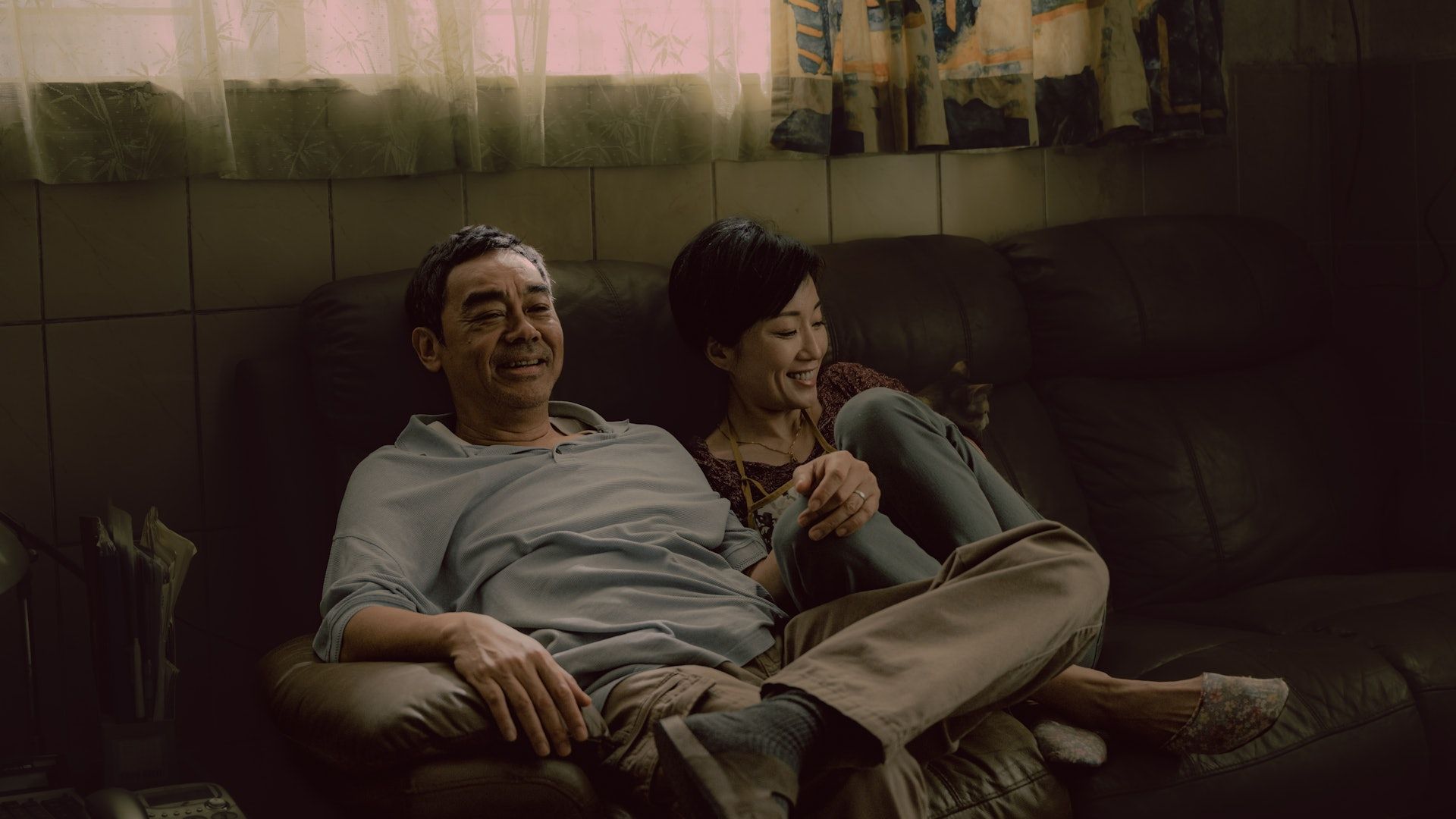Film Review #138: PROMISE
“So love lasts forever." - Min Si-woo, “About Love”
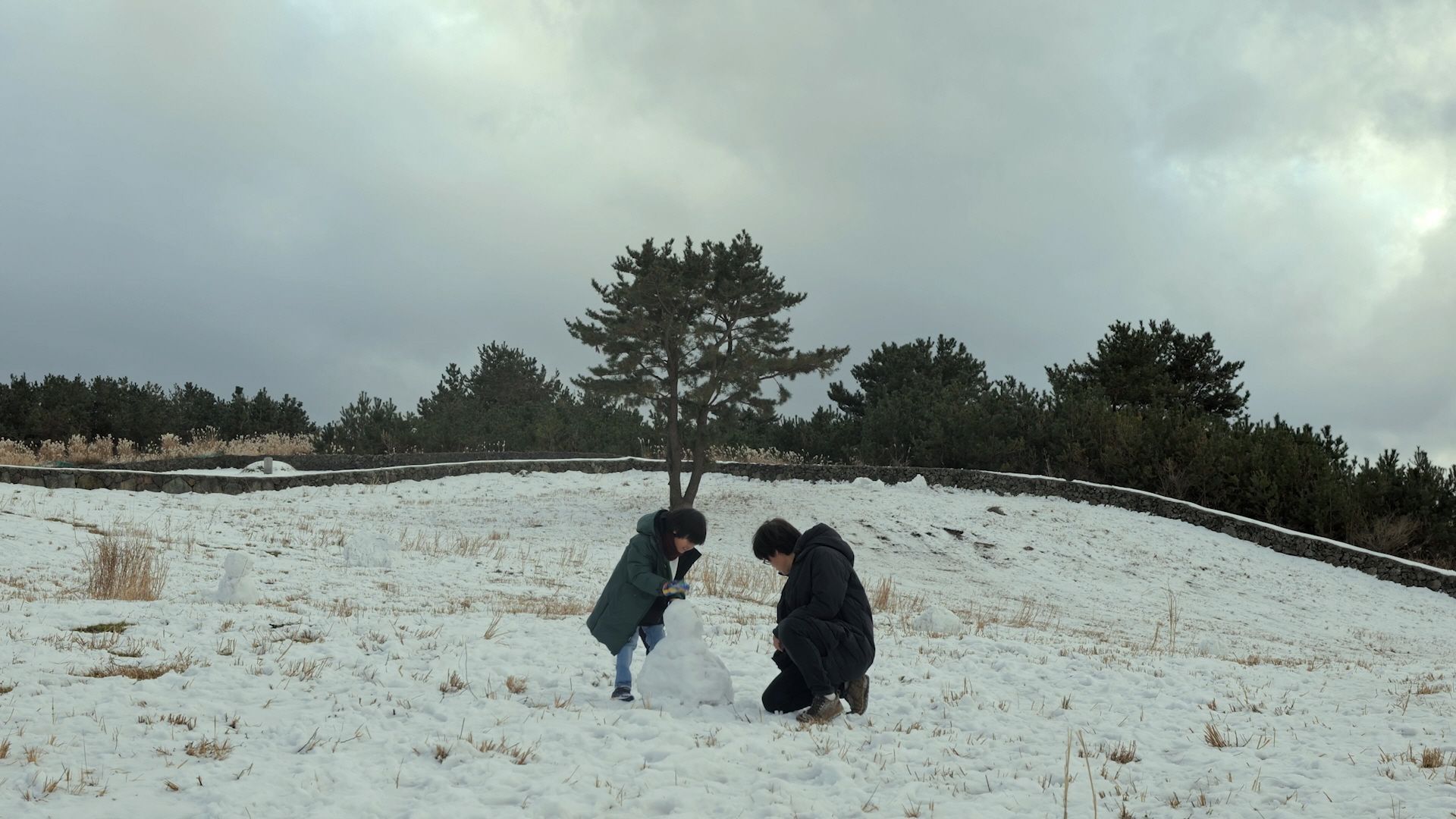
Promise (2023) is a poignant documentary that follows film director Min Byung-hun and his young son, Min Si-woo, as they navigate life after the loss of their wife and mother, writer Ahn Eun-Mi. This meditative and heartbreaking film captures the father-son duo's journey through grief, showcasing how it ebbs and flows like waves, where some days are better than others, and where sorrow and hope co-exist.
The film begins with a jarring gust of wind – like an impending thunderstorm – followed by seaside shots, and raindrops falling into a reflective puddle in the middle of the forest. This sets us up perfectly for the emotional storm that we will go through with the two protagonists. There is a heaviness in the air, and both father and son’s loneliness is palpable.
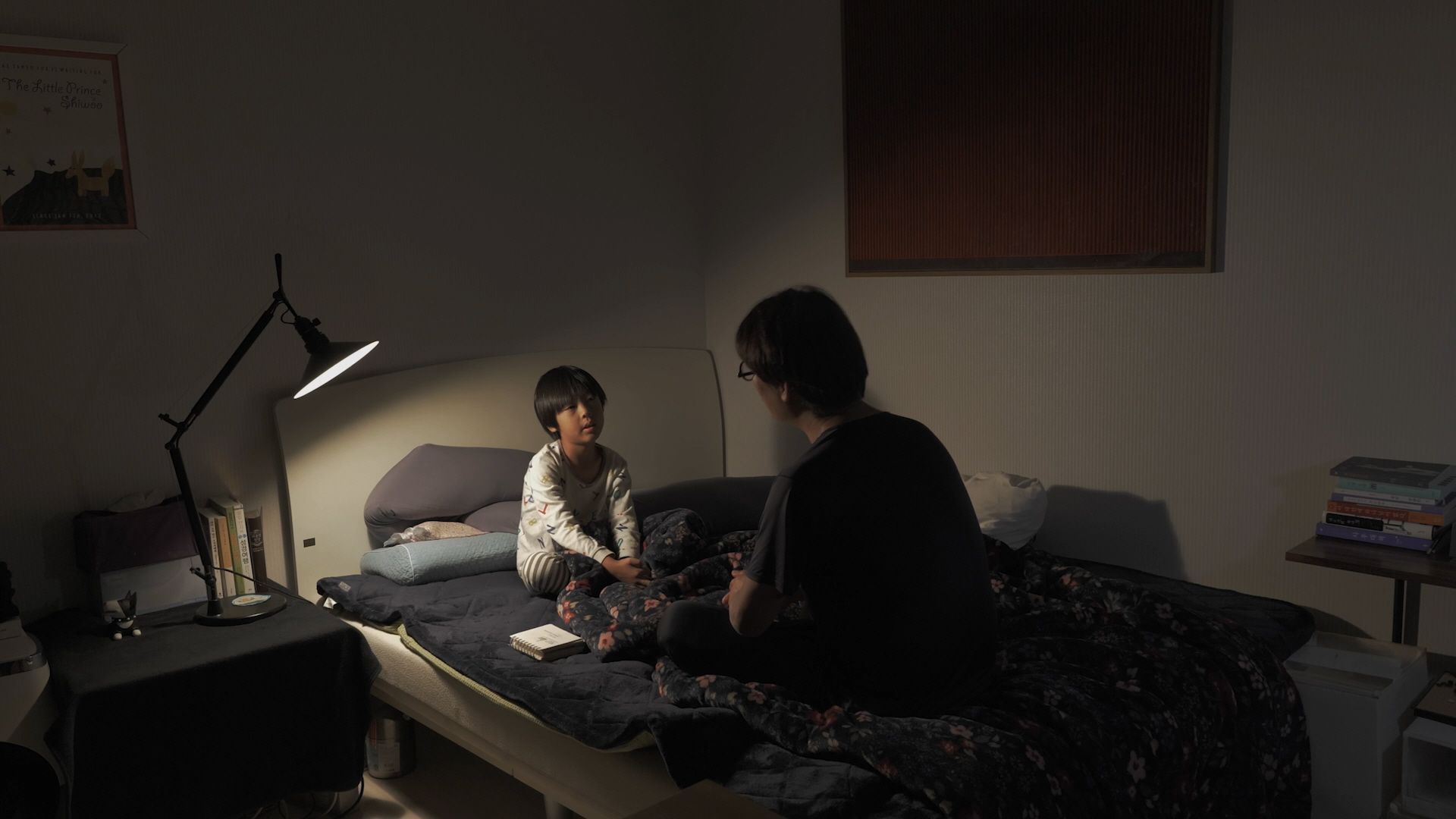
A key factor that keeps Si-woo going is his mother’s promise, which forms the foundation of their relationship, and, of course, the title of the film - that her passing is not a goodbye, and they will meet again. Throughout the film, we see the enduring influence of his mother. His father encourages him to process his emotions by writing poems and letters to his mom in heaven. These letters remind me of how we often share our daily experiences over meals; almost like a diary and ever more poignant because of its addressee’s passing. Over time, Si-woo’s poems become deeper in meaning. These poems reflect his attempt to grasp and immortalise his mother's image on paper. Poetry as a medium can aid in healing and the act of writing is important in connecting the family even across the boundaries of life and death.
Throughout the film, nature also plays a significant role for the grieving family. As Eun-mi loved the forest, Si-woo and Byung-hun often walk there, reminiscing about her and feeling her presence. Si-woo confesses that while he cannot hear his mom all the time, he can imagine her presence among the trees. Byung-hun also frequently finds solace in nature, wandering through the forest or by the seaside as though he is searching for something or waiting for someone. Looking at the endless rows of trees, the vastness of nature can be humbling, reminding us that even the most difficult times will pass. Some scenes even play out cleverly in reverse, suggesting a longing for the ability to manipulate time and return to the past. Nonetheless, as the white barren winter turns to spring, there is a renewed sense of hope.
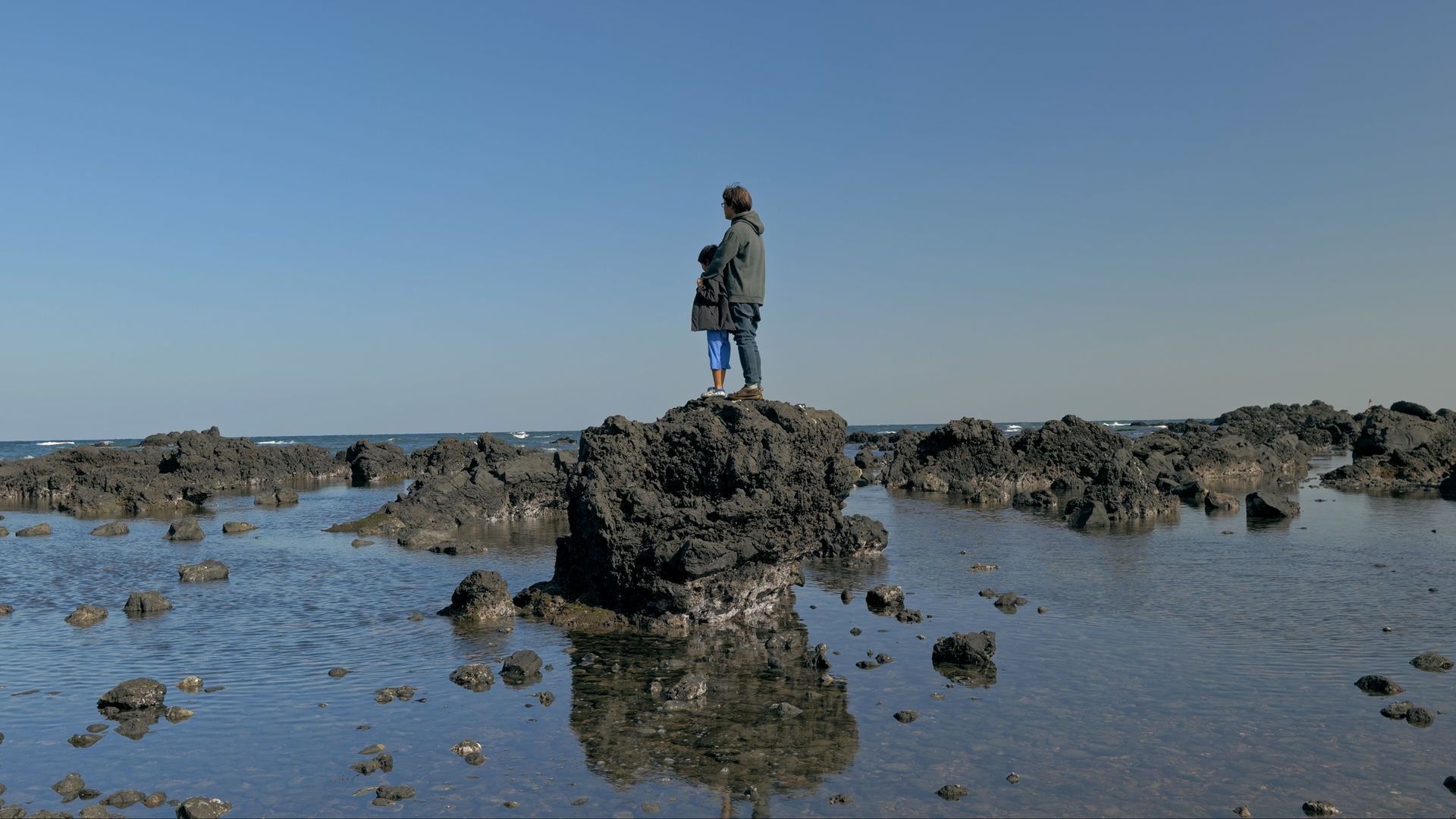
Grief does not end and can manifest in various ways. As a single father, Byung-hun serves as a pillar of strength for his young son, who is devastated by his mother's loss. While Byung-hun often appears serious and solemn, he also shows moments of tenderness and playfulness with Si-woo. Their relationship is marked by both strength and vulnerability. Si-woo's grief is evident, but moments of heaviness are offset by his youthful joy and curiosity. What might a child without his mother become?
Still, there are moments of radiance sprinkled throughout as dark images are contrasted with tranquillity and delicacy. One such scene is of a collage of sunsets – the orange and red hues evoke a sense of peace and warmth, as though it is gently healing the wounds of grief, as chimes play in the background.

Director Min’s blend of visuals and music in the film beautifully conveys a transcendental journey, drawing parallels to how he and his son overcome their internal struggle of accepting the death of their wife and mother. It reminds me of the Jay Shetty quote about how grief is like a stone: “And it gets lighter to carry. But it does not mean that it is going away. You didn’t move on. You didn’t get over it. It doesn’t disappear. It does not get smaller. It stays the same. You just get stronger so the stone gets lighter.”Although the loss is permanent, there is a sense of hope that things will improve and that grief is not a permanent state. Love endures even after death, and the promise provides solace in times of brokenness like a warm embrace.
---------------------------
'
About the author:
Si Qi is drawn to films as a means of exploring different slices of life and culture, as well as their capacity to reflect society. Her favourite genres include narrative and stop-motion films. She previously worked at a non-profit organisation in Singapore dedicated to film preservation where she managed film screenings and dialogues aimed at showcasing the richness of Asian cinema.
Promise will be screened on 1 Nov, Friday, 7pm at Golden Village Suntec City as part of the Singapore Korean Film Festival 2024. Tickets are free through registration at https://singaporefilmsociety.peatix.com/. If the screening is sold out, please arrive 15 min before screening time for a chance of tickets at walk-in.
Visit
kff.sg for more information.

